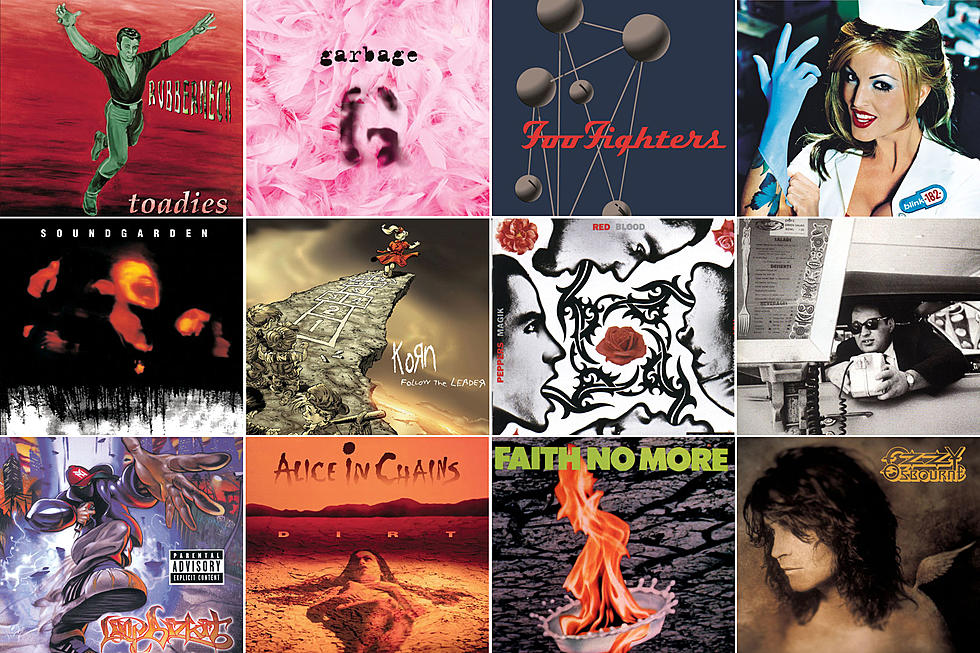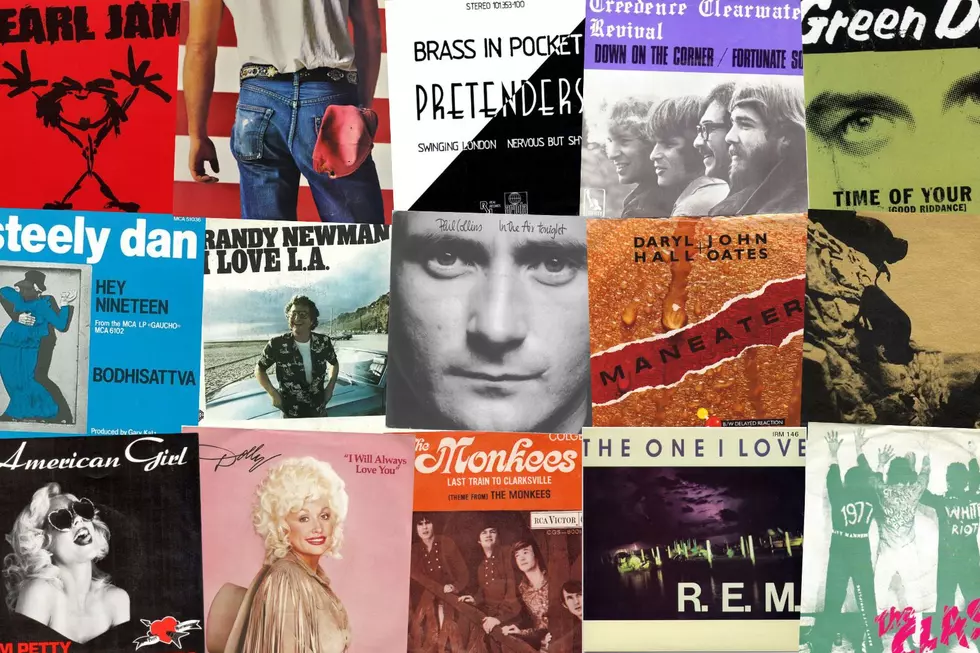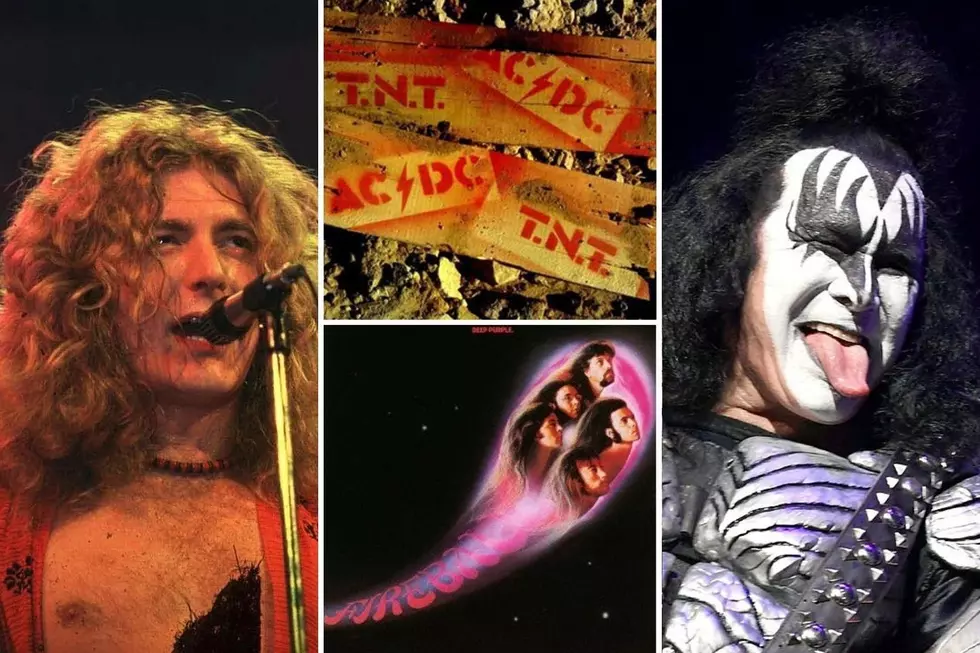
Rocker Says the Stones, the Who and Metallica ‘Blew It’
We've all been disappointed by a late-period record by one of our favorite bands, and to one extent or another, we've all engaged in an endless debate over whether it's better to burn out or fade away. For Buzz Osborne of the Melvins, the answer is neither; creativity takes effort, and he expects great artists to keep trying.
Of course, any long-term artistic pursuit is bound to include its share of failures, and in a recent exchange with the A.V. Club, Osborne identified the crucial moments where recording acts that once showed great promise -- including the Rolling Stones, Metallica and the Who -- took a wrong turn that, in some cases, they never recovered from.
For Osborne, the Stones "just fell apart" in the mid '70s. "The last big record they did that had anything good on it was 'Some Girls,' and that was 35 years ago," he argued, adding, "They have since continued playing. I don’t know what it is they’re doing, but the thing I imagine completely destroyed them was drugs ... I could not be bothered to see them live now. I saw them in the early ’80s and it sounded like amplified motocross. They’d literally be halfway through a song before I could tell what it was."
That doesn't impact his love for the early stuff, however. As he put it, "They went from being one of the best bands ever to whatever they are now. I still listen to that stuff. I think that stuff is unbelievable. I’m never tired of it and I never have been. Those records should be in every collection. If you don’t have 'Sticky Fingers,' then you really don’t like rock music, because that’s where it all started."
Osborne went on to recall his first time listening to Metallica's debut, saying, "When their first record came out, I thought, 'Oh, wow! This is a nice breath of fresh air' ... I thought they were a great marriage of what Judas Priest was doing and what Venom was doing. It was teen angst mixed with heavy metal. What I’ve always loved about heavy metal is that it’s rebel music. Regardless of whether you like these guys, they’re p---ed off. That was a total plus to me."
These days, it's a bit of a different story. "I would like to take the band on that back cover of the 'Kill ’Em All' album -- I would like to take those guys and put them in a time machine and run them forward and make them sit through 'Some Kind of Monster' and say, 'Guys! Do not let this happen!' You know what I mean? How could they not be appalled? They go from a song called 'Whiplash' to a psychiatrist in the studio for $10,000 a week. Metal up your ass, indeed."
As far as the Who are concerned, Osborne draws the line at 'Who's Next.' To that point, he argued that the band were making "super well-crafted, well thought-out, unbelievable" music -- but "after that, they drifted off."
"I imagine drugs destroyed them," mused Osborne. "Then Keith Moon died and they replaced him with Kenney Jones. That’s when I saw the Who and it was relatively limp. The songs were good and that helped carry it, but I thought the obvious replacement for him should have been Rat Scabies from the Damned or Clem Burke from Blondie."
For Osborne, the solution is to keep trying -- to keep really working -- at all costs. "I’ve always had the idea that multi-millionaire rock stars should work harder than anyone, because they have the ability to do it," he explained. "Look at an artist like Andy Warhol. He never stopped working even after he didn’t need to work again. I think when he died he was worth $200 million. He certainly didn’t need to work, but he did. Francis Bacon was a brutal alcoholic, but painted from like 6 A.M. to noon every single day until he died."
More From WPDH-WPDA









